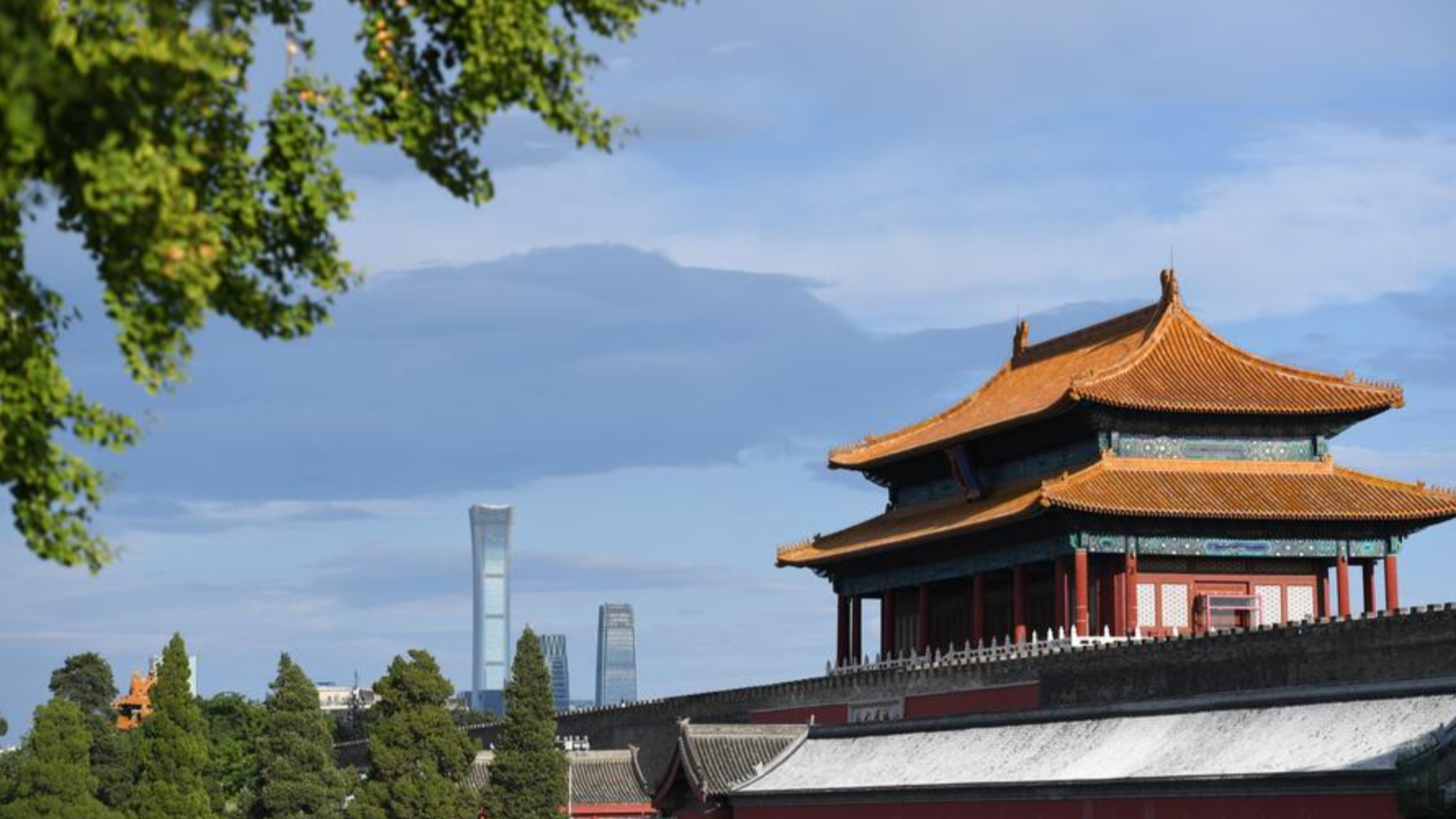BEIJING, Sept. 1 (Xinhua) -- The upcoming 2024 Summit of the Forum on China-Africa Cooperation (FOCAC) is a key means to leverage the unique relationship between China and African countries, says Hannah Ryder, CEO of Development Reimagined, an international development consultancy based in Beijing.
Ryder made the remarks during an interview with Xinhua ahead of the upcoming FOCAC summit in Beijing scheduled from Sept. 4 to 6.
China's engagement with Africa has gained significant attention in recent years, particularly due to the impact of Chinese-led infrastructure projects, which have not only reshaped the urban landscape across the continent but also fostered a belief in the great potential of the China-Africa partnership.
"Over the last two decades, we've seen the relationship between African countries and China increase significantly. We've seen economic relationships increase, we've seen even the political relationships increase, and we hope that this next Forum on China-Africa Cooperation can lead to a further strengthening of those," Ryder said.
China's Ministry of Commerce data show that as of the end of 2023, China's direct investment stock in Africa exceeded 40 billion U.S. dollars, making it one of Africa's major sources of foreign investment.
"I think there is already a great deal of work that China and African countries have done together to achieve modernization. A key area that they've done that is infrastructure building," said Ryder. "I hope that we can continue to partner in that way."
Ryder, a Kenyan native and economist, has resided in Beijing for more than six years. Following her experience at the United Nations Development Program, she established the consultancy firm with a specific focus on China-Africa cooperation.
Ryder's motivation stemmed from her recognition of the genuine need for African governments to strengthen ties with China. "I decided to create Development Reimagined to also help create a bridge between Africa, African countries, and China."
In recent decades, the Global South has become a powerful force in shaping a multipolar world. China and Africa exemplify the spirit of solidarity, with their cooperation playing a crucial role.
While acknowledging the value of other forms of South-South cooperation, such as training and exchange programs, Ryder highlighted the substantial scale of China-Africa collaboration, which has yielded practical outcomes, including infrastructure development and factory establishment.
"So we hope that there are other South-South cooperation partners who will also use that model, expand their South-South cooperation," she said.
Noting a key distinction between Africa's cooperation with China and that with Western countries, Ryder said, "I think one of the key differences is that when it comes to cooperation with China, it doesn't depend on what kinds of policies or issues or changes that you might make to your economy. It is more about what can you work with China on? What would you like to work with China on? And then there's a consideration from the Chinese side about whether they can offer that or not."
"So it's much more demand-driven than, I would say, even cooperation with some of the multilateral development banks is," she said, adding that China's demand-driven approach serves as a valuable example for other partners to emulate and expand upon.
Ryder also emphasized China's economic shift influencing Africa's future -- China's ongoing transition from a labor-intensive, production-focused economy to a more sustainable, high-value, and consumption-oriented one. China's economic shifts serve as "historic windows of opportunity for African countries," she said.




 A single purchase
A single purchase









